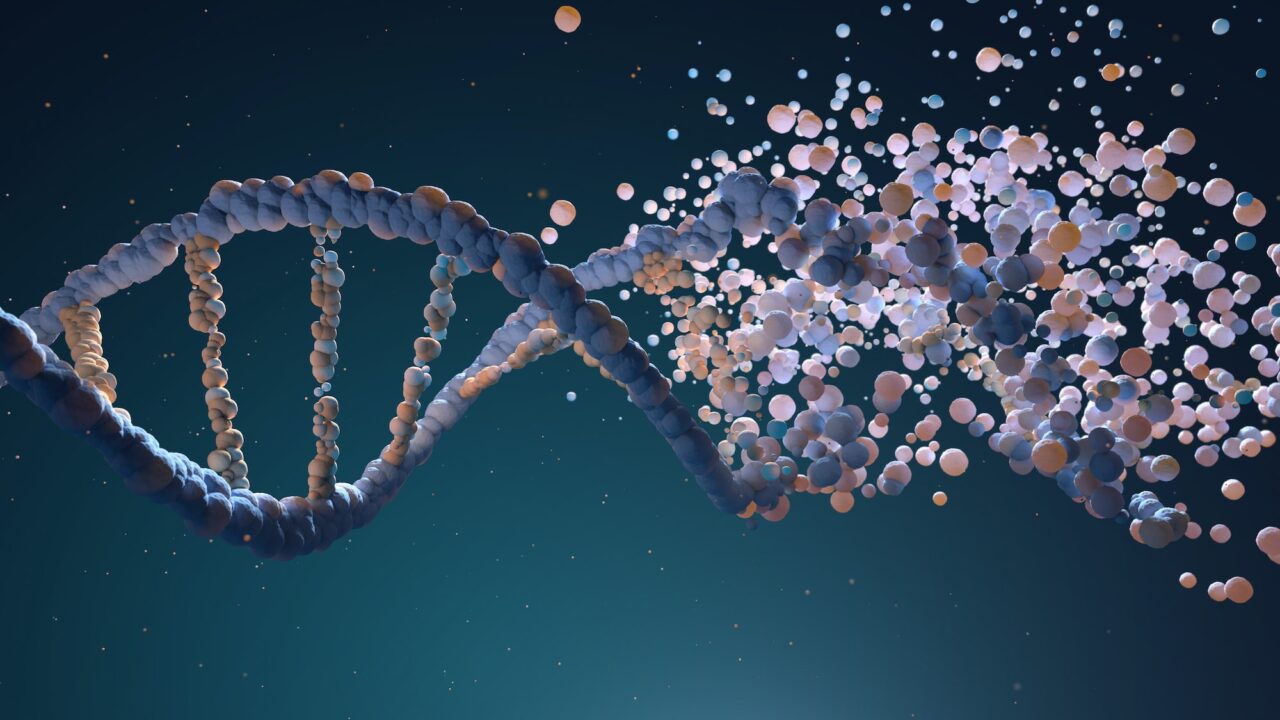The GENCODE project showed that roughly 70% of the human genome is transcribed into RNA, including many long noncoding RNAs (lncRNAs), defined as RNA molecules longer than 200 nucleotides that lack protein-coding potential. However, recent evidence suggests some lncRNAs may produce “hidden” proteins whose potential role in cancer remains unknown.
To investigate this, researchers led by Yiwen Chen, Ph.D., used an integrative genomic strategy combining CRISPR/Cas9 knockout screens with data from The Cancer Genome Atlas. The researchers uncovered lncRNA-encoded proteins that might be involved in estrogen receptor α-positive luminal breast cancer, the most common breast cancer subtype. They confirmed the in vivo tumor-promoting function of a hidden protein encoded by a lncRNA whose expression is associated with poor prognosis.
These findings suggest that the hidden lncRNA-encoded proteins should be further studied for potential therapeutic targets.


